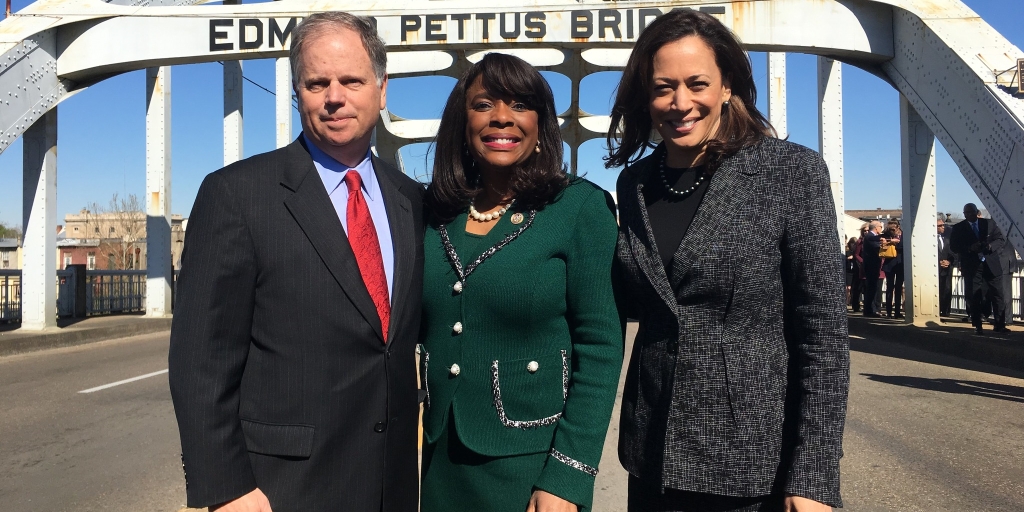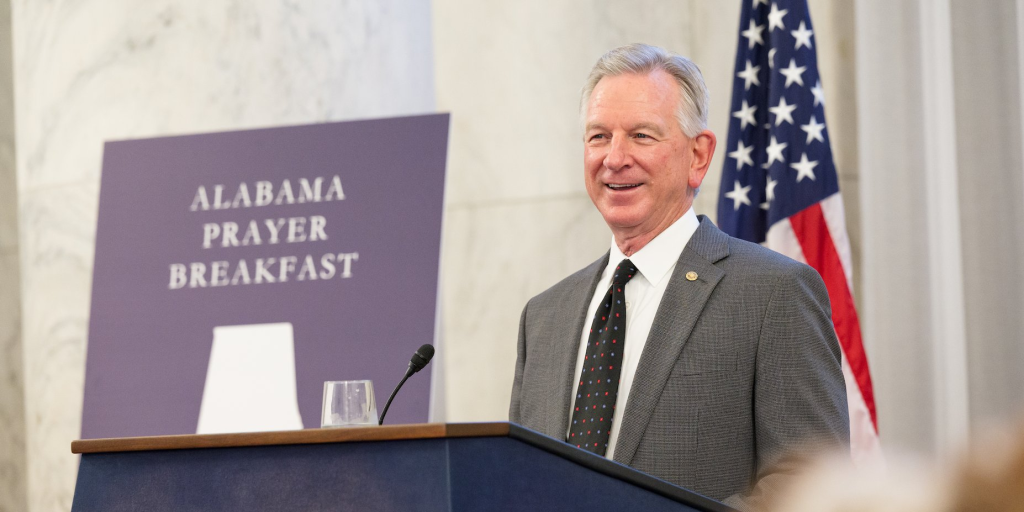After a rocky start to the Paycheck Protection Program (PPP), economic stimulus money has finally started to flow to small businesses in the Yellowhammer State. How much money has reached its intended targets is still unknown.
The Paycheck Protection Program is a $350 billion relief effort administered by the Small Business Administration (SBA). The money is distributed to eligible applicants in the form of government-backed loans from banks.
Last Friday was the first day small businesses could apply. Funds were expected to be distributed almost immediately.
However, the day did not go as planned with reports of small businesses across the state being denied access to the funds.
Information gathered by Yellowhammer News from multiple industry sources indicated that as few as five loans may have been made in Alabama by the close of business on the opening day of lending.
Brad Close, president of the National Federation of Independent Business, released a statement in response to the logjam urging SBA and the banking industry to resolve the problems.
On Thursday, Business Council of Alabama (BCA) held a special event aimed at helping small businesses navigate what can be a difficult process. BCA president and CEO Katie Boyd Britt hosted a program on Alabama Public Television during which she and a panel of experts discussed the program and answered questions from viewers.
As PPP slowly gains steam, its impact on Alabama small businesses remains elusive.
Thomas Todt, district director for SBA’s Alabama office, told Yellowhammer News that as of Thursday afternoon, 497,000 loan applications had been approved nationwide. The loans associated with the nearly half-million applications totaled $127 billion at 3,900 lending institutions.
Todt noted that figures for Alabama remained unavailable.
Several members of Alabama’s congressional delegation expressed to Yellowhammer News both concern and hope for the program, as well as an intention to continue monitoring progress.
Congressman Robert Aderholt (AL-04) has been outspoken about meeting the needs of those affected by the coronavirus crisis. Understanding the strain placed on families with children at home, Aderholt has already requested emergency funding for rural broadband improvements.
In spite of some problems early, Aderholt remained optimistic about PPP’s effectiveness.
“When the Paycheck Protection Program first went live a week ago, there were a lot of issues with people trying to get access to the system,” he said. “We heard from a lot of small, community banks who were having issues. We have been in frequent contact with Treasury Secretary Mnuchin about these issues. And I’m happy to say that is has improved in the past week. It still needs work, but it’s getting better.”
He believes the sheer volume of applicants may have caused some of the issues.
“I compare it to people being at an Alabama or Auburn football game and everyone trying to use their cell phones, you can have problems connecting,” Aderholt explained. “It was the same with the PPP. Hundreds of thousands of people across the country were trying to all get on at once and the system just couldn’t handle the volume. Considering this massive program was created and stood up in less than a month, I think it is performing well.”
Congresswoman Terri Sewell (AL-07) hosted a “COVID-19 Small Business Resource Webinar” on the day prior to the opening of PPP, and Thursday night she hosted a telephone town hall which included representatives from SBA and the Alabama Department of Labor.
Sewell plans to continue working with House of Representatives leadership to ensure more funding.
“I know that many of the the businesses in our District that need support through this difficult time are having trouble accessing the Paycheck Protection Program because they may not have deep existing relationships with banks and lenders,” she stated. “I understand this reality and am working closely with House leadership to ensure the next package that Congress considers includes greater assistance for these businesses, increases loan guarantees, and sets aside some of the funding for rural communities and businesses in persistent poverty areas.”
A spokesperson for Congresswoman Martha Roby (AL-02) told Yellowhammer News that Roby and her office are “working directly with small businesses and lenders in the Second District to ensure they can access the Paycheck Protection Program (PPP) system and obtain the loans needed during this health crisis.”
She also encouraged anyone experiencing difficulty accessing the program to contact Roby’s office.
Congressman Bradley Byrne (AL-01) on social media Thursday indicated he had held phone conferences with small businesses and his local chambers of commerce.
“We are in the midst of an unprecedented situation, and it shouldn’t come as a surprise that there are some pains as we get the $350 billion Paycheck Protection Program up and running,” Byrne stated to Yellowhammer News. “I’ve spoken with many business owners, bankers, and local Chamber of Commerce officials in the past week to better understand the issues they are facing, and we’ve relayed that information directly to the Trump Administration. I’ve been very pleased with their responsiveness to our concerns, and I know they are working around the clock to address them. The Paycheck Protection Program is critically important to our Alabama small businesses and their employees, and I will continue to push to ensure the program is adequately funded and fully operational. In the meantime, I strongly encourage small business owners to continue working with their bankers to apply for this assistance.”
Calls for additional funding for the program have persisted, although a consensus has yet to form on the type of package which could pass both the House and Senate.
Aderholt, a member of the House Committee on Appropriations, sounded an upbeat tone on the prospects of more funding.
“I think we will soon see more funds being added to this account,” he concluded.
Tim Howe is an owner of Yellowhammer Multimedia













